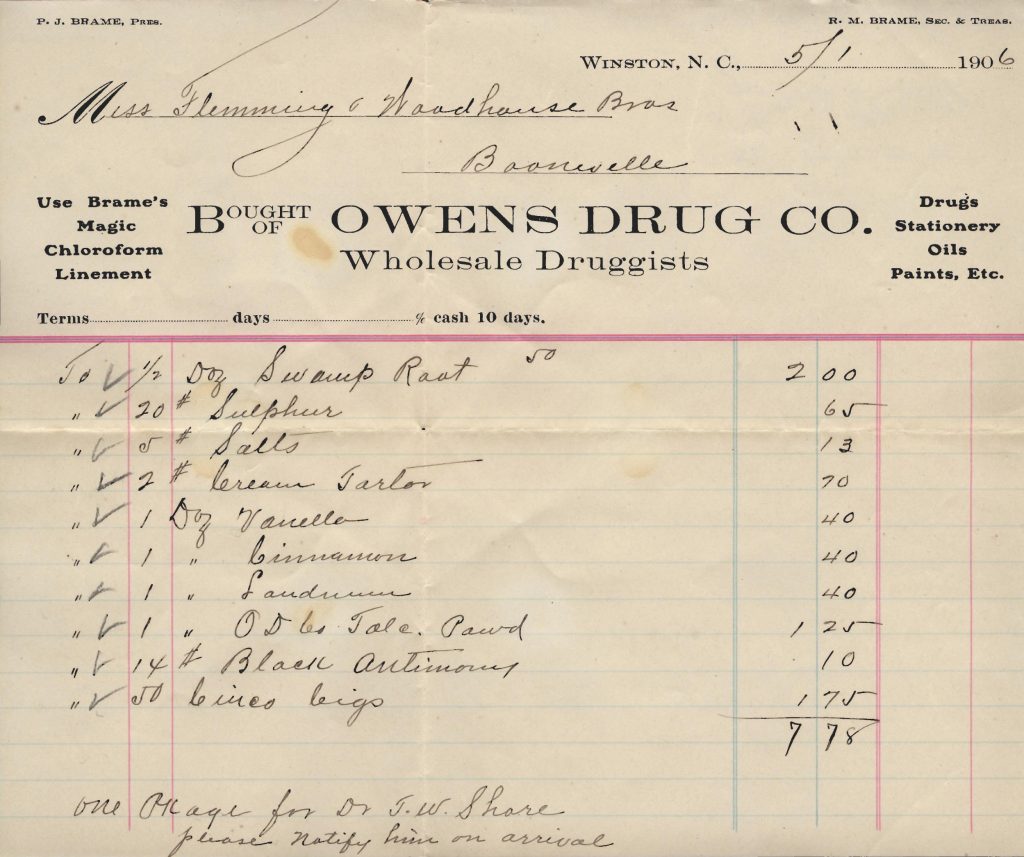 The legal system is complicated, with many “dos-and don’ts.” Whether or not you can have your case heard in court first requires following the rules guiding the sufficiency of your claim. If your complaint fails to show that you have a right to bring the case against your defendant, your case might be dismissed. But how strictly interpreted is this rule? What does it look like when a cause of action is sufficient to be heard or ripe for dismissal?
The legal system is complicated, with many “dos-and don’ts.” Whether or not you can have your case heard in court first requires following the rules guiding the sufficiency of your claim. If your complaint fails to show that you have a right to bring the case against your defendant, your case might be dismissed. But how strictly interpreted is this rule? What does it look like when a cause of action is sufficient to be heard or ripe for dismissal?
The State of Louisiana brought a lawsuit against various pharmaceutical companies participating in manufacturing and selling Actos. The State alleged that the pharmaceutical companies misrepresented Actos’s efficacy and side effects. The State also claimed that research showed that Actos greatly increases the chance of bladder cancer. The State alleged the pharmaceutical companies failed to disclose this information.
In its case against the pharmaceutical companies, the State alleged that it would not have bought and distributed Actos if its risks had been clarified. Because of the drug companies’ alleged misrepresentation, Louisiana sought to recoup damages due to fraud, redhibition, unjust enrichment, and infringement of the Louisiana Unfair Trade Practices Act (LUTPA), La. R.S. 51:1405, and violations of the Louisiana Medical Assistance Programs Integrity Law (MAPIL), La. R.S. 46:437.1. In response, the drug companies brought various objections—peremptory exceptions including no cause of action, res judicata, no right of action, and dilatory exceptions including vagueness or ambiguity of the State’s petition, and the petition’s not following state law requirements. La. C.C.P. art. 891.
The trial court overruled the drug company’s claimed exceptions except the peremptory exception raising a no-cause-of-action objection. Under this exception, the trial court dismissed the State’s claims of redhibition, unjust enrichment, LUTPA, and MAPIL claims but did not overrule the fraud claim. The State appealed the trial court’s dismissal of its claims under an objection of no cause of action, bringing us to the appeal discussed below.
On appeal, the appeals court assessed the correctness of the exception without deference to the trial court’s decision. The court first outlined the rationale behind the exceptions raised at trial. A peremptory exception rests on assessing whether the pleading gives rise to a legal remedy based on the facts in the pleading, which the court should take as accurate. Everything on Wheels Subaru Inc. v. Subaru South, Inc., 616 So.2d 1234, 1235 (La. 1993). This assessment is made solely on the facts within the pleading, not any additional evidence brought to assess the cause of action. La. C.C.P art. 931.
The trial court partially sustained the no cause of action exception to dismiss only some of the State’s claims—generally, this exception should not be partially held. The appeals court stated it may be feasible for the partial holding of the exception if the causes of action are based on different occurrences and thus severable. Everything on Wheels Subaru Inc., 616 So.2d. at 1239. However, the exception should be overruled if a single cause of action and event gives rise to the claims.
Here, the State’s claims against the pharmaceutical companies of fraud, redhibition, and LUTPA and MAPIL violations all emerged from the same set of facts and the same occurrence. Thus, a partial exception of no cause of action was not permissible. The appellate court chose to reverse the trial court’s dismissal of the State’s redhibition and LUTPA/MAPIL violation claims. The case was remanded to the trial court for further proceedings, with all claims against the defendant companies being heard.
As this case shows, even when plaintiffs bring numerous causes of action or various forms of potential remedy, these should only be made distinct if they arise from different events. This makes sense—the best-case resolution exists where all relevant facts are taken together. Severing claims or remedies could lead to these claims not getting their due time in court, and the legal system exists to protect our people and citizens. The best protection comes when plaintiffs are best equipped to get whatever remedy they seek.
Additional Sources: State ex rel. Caldwell v. Takeda Pharms. Am., Inc.
Written by Berniard Law Firm Blog Writer: Callie Ericksen
Additional Berniard Law Firm Article on Peremptory Exceptions: Lafayette Case Provides Important Lesson on Peremptory Challenges and Proving Racially Based Jury Exclusion
 Louisiana Personal Injury Lawyer Blog
Louisiana Personal Injury Lawyer Blog

